[section label=1. Introduction]
Run of the mill SandForce SSD? Not so fast!
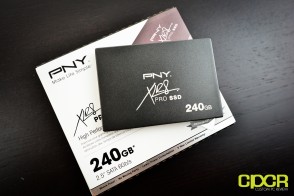 It’s always fun digging around in the storage closet to find a product that’s been on the review backlog for a while that you’ve accidentally forgotten about after traveling to expos and events for weeks on end. Since it’s been quite some time since our last SandForce based SSD review here at Custom PC Review, today we’ll be taking a look at an interesting SSD from the guys over at PNY. Now we generally don’t hear much about PNY and for those of us who actually hear about PNY, it’s mostly their USB memory sticks, SD memory cards, and graphics cards. However, PNY does produce a number of SSD models through their partnership with SandForce.
It’s always fun digging around in the storage closet to find a product that’s been on the review backlog for a while that you’ve accidentally forgotten about after traveling to expos and events for weeks on end. Since it’s been quite some time since our last SandForce based SSD review here at Custom PC Review, today we’ll be taking a look at an interesting SSD from the guys over at PNY. Now we generally don’t hear much about PNY and for those of us who actually hear about PNY, it’s mostly their USB memory sticks, SD memory cards, and graphics cards. However, PNY does produce a number of SSD models through their partnership with SandForce.
As such, today we’ll be doing a review on the PNY XLR8 Pro 240GB SSD. PNY offers a complete line of SSDs oriented towards the entry level user to the enthusiast/enterprise user with the XLR8 Pro that we’re reviewing falling into that enthusiast user category. Like most enthusiast class SandForce drives on the market, the PNY XLR8 Pro 240GB SSD offers sequential read speeds of up to 550 MB/s and sequential writes of up to 520 MB/s.
At first I thought this would be a pretty standard, seen this done that type of review, but after opening up the drive, I actually found something magical. Ready to take a look at what I found? Flip the page to find out!
PNY XLR8 Pro Specifications
| Manufacturer | PNY | PNY | PNY |
|---|---|---|---|
| Model | XLR8 Pro | XLR8 Pro | XLR8 Pro |
| Form Factor | 9mm, 2.5″ SATA | 9mm, 2.5″ SATA | 9mm, 2.5″ SATA |
| Capacity | 120 GB | 240 GB | 480 GB |
| Controller | SandForce SF-2281VB1 | SandForce SF-2281VB1 | SandForce SF-2281VB1 |
| NAND | 25nm IMFT MLC Synchronous NAND, 3,000 P/E Cycles | 25nm IMFT MLC Synchronous NAND, 3,000 P/E Cycles | 25nm IMFT MLC Synchronous NAND, 3,000 P/E Cycles |
| Sequential Reads | 550 MB/s | 550 MB/s | 550 MB/s |
| Sequential Writes | 515 MB/s | 520 MB/s | 520 MB/s |
| Interface | SATA 3 6GB/s | SATA 3 6GB/s | SATA 3 6GB/s |
| Warranty | 5 Years (3 years + 2 years with registration) | 5 Years (3 years + 2 years with registration) | 5 Years (3 years + 2 years with registration) |
[section label=2. A Closer Look (Exterior)]
A Closer Look at the PNY XLR8 Pro 240GB
Here’s a look at the packaging for the PNY XLR8 Pro 240GB SSD.
Included in the packaging, we get the XLR8 Pro 240GB SSD itself along with a SATA cable. Nothing too special here, but what’s up with the short SATA cable? If you’re actually planning on installing the SSD, in a desktop, make sure you have a longer SATA cable than the one provided. Either that or a really, really, really small case I guess…
Here’s a look at the bottom of the SSD. PNY has a simple sticker showing the capacity of the SSD, the interface, the firmware, along with the model number. Firmware 5.0.2. Disgusting. Make sure to update the firmware to avoid any TRIM issues.
Here’s a look at the SATA 6Gb/s port along with the SATA power port as well. In order to take full advantage of the PNY XLR8 pro, you’ll need to connect the SSD to the SATA 6Gb/s ports on your motherboard.
[section label=2. A Closer Look (Interior)]
A Closer Look at the PNY XLR8 Pro 240GB
After removing 4 standard Phillips head screws, we can open up the casing to see what PNY has included in the XLR8 Pro.
Here’s a closer look at the PCB itself. We can see a single controller onboard with 8 packages of NAND on each side of the PCB. There’s no DRAM buffer present so it’s probably SandForce.
Here’s a look at the SandForce SF-2281VB1 controller used on the PNY XLR8 Pro 240GB SSD. The SF-2281 controller is SandForce’s top of the the line consumer grade controller offering 8 channels architecture, DuraWrite technology, RAISE, 128/256-bit encryption, and more.
Let me check the box. Let me check the website. Specifications say 3K P/E NAND. Why am I seeing enterprise grade 10,000 P/E eMLC NAND here? Score!
For the NAND, PNY is using premium grade Intel branded 25nm enterprise grade synchronous MLC NAND (eMLC) (Model #29F16B16MCME1). The NAND is rated at 10,000 P/E (Program/Erase) cycles, which makes it a whole lot more durable than the most commonly used consumer grade 3,000 P/E NAND or even the rarer 5,000 P/E NAND sold on the market today. PNY must have one helluva special relationship with IMFT to get top quality stuff like this to put into a consumer oriented drive like the XLR8 Pro.
[section label=4. Test Setup]
Haswell Test Bench
As of October 5, 2013, we’ve upgraded our storage testing system to a Z87/Haswell testing platform. All SSDs used for comparison here have been updated to the latest firmware as of October 2013. Performance tests from storage reviews prior to that date should not be compared to our latest reviews.
| System | CyberPowerPC Gamer Xtreme 4200 |
|---|---|
| CPU | Intel Core i7 4770K |
| Motherboard | ASUS Z87-A |
| Memory | Kingston HyperX Genesis 16GB DDR3 2133MHz |
| Graphics | Intel HD4600 Graphics |
| Storage | OCZ Vertex 4 256GB |
| Power Supply | Corsair HX650 |
| Case | HSPC High Speed Tech Station |
| Optical Drive | ASUS OEM DVD Drive |
| Operating System | Windows 8 64 bit & CentOS 6.4 |
Special thanks to CyberPowerPC, Kingston, OCZ Technology and HSPC for sponsoring our test bench!
Crystal Disk Info
PNY XLR8 Pro 240GB
As the PNY XLR8 Pro 240GB shipped with 5.02 firmware, naturally the first order of business was to update the firmware to the latest offered by PNY (5.05), which resolves any sort of TRIM issues that SandForce was having with the 5.02 firmware. No problems there. Let’s move on.
[section label=5. ATTO Disk Benchmark / AS SSD / Crystal Disk Mark]
PNY XLR8 Pro 240GB Performance
ATTO Disk Benchmark v2.46
ATTO Disk Benchmark is one of the industry’s oldest and most popular benchmarks for testing disk read/write speeds. This benchmarks allows read and write testing using predefined block sizes and gives us a good idea of read/write speeds with different sized files. Most SSD manufacturers these days prefer using this benchmark when advertising SSDs as it tests using compressible data, which tends to yield better performance.
Performance Analysis
The PNY XLR8 Pro 240GB is advertised at 550 MB/s reads and 520 MB/s writes and according to ATTO Disk Benchmark, we can see that it’s capable of pulling in 556 MB/s reads and 531 MB/s writes. Off to a good start, let’s move on.
AS SSD Benchmark
AS SSD is a very commonly used benchmark used to measure SSD performance in a number of categories. Here, tests are run using incompressible data at QD1. It also outputs a final score at the conclusion of the test based off the read and write performance of the drive.
Performance Analysis
QD1 and 100% incompressible data. This is possibly the worst case scenario for any SandForce based drive and the PNY XLR8 Pro 240GB is no exception. While reads performed up to expectation here, writes saw a huge penalty in performance, with sequential writes dropping almost 300 MB/s in performance compared to what we saw in ATTO Disk Benchmark.
That said, it’s quite rare for anyone to constantly be dealing with 100% incompressible data, which is why we’ve also included the compression benchmark as well. Here we can see that as the dataset becomes increasingly compressible, performance increases in the process.
Crystal Disk Mark 3.0.1 x64
Crystal Disk Mark is another popular benchmark which allows us to measure both sequential read/write speeds as well as random read/write speeds. With this benchmark, tests can be run using both random fill (incompressible data) and 0 fill (compressible data). Realistically in typical computer usage scenarios, data being transferred will consist of a mixture of both incompressible and compressible data.
Performance Analysis
Here’s a look at Crystal Disk Mark. It confirms out findings in ATTO Disk Benchmark along with AS SSD. Performance here is alright, although not groundbreaking by any measure. In fact, performance here is extremely reminiscent of pretty much every vanilla SandForce based SSD we’ve tested so far.
[section label=6. PC Mark 7 / PC Mark 8]
PNY XLR8 Pro 240GB Performance
PC Mark 7
The PC Mark 7 storage test evaluates the SSD under many different real world environments such as gaming, multimedia editing, etc. This closely represents the SSD’s performance under real world situations.
PC Mark 8
The PC Mark 8 storage test is similar to storage tests found in PC Mark 7. The PC Mark 8 storage test evaluates SSDs under many real world applications such as gaming, video editing, photo editing, etc. and is well regarded among the SSD industry.
Performance Analysis
The PNY XLR8 Pro 240GB performed pretty much as expected in our PC Mark 7 & PC Mark 8 testing matching the performance of the other SandForce drives on the lot. Unfortunately with newer SSDs being introduced by Samsung, OCZ, and Toshiba and SanDisk focusing on better burst performance and overall read performance, the SandForce drives fall to the bottom of our charts in the more consumer oriented PC Mark storage tests.
[section label=7. FIO – FOB]
PNY XLR8 Pro 240GB Performance
FIO (Flexible I/O Tester)
FIO, which stands for Flexible I/O Tester, is basically what its name says – a flexible I/O tester / I/O workload generator. Whereas all the benchmarking tools we’ve used previously are fantastic, easy to use benchmarking tools that provide a good snapshot of SSD performance, they do lack a lot of versatility, especially for more complex and in-depth operations such as custom queue depths, block sizes, test run times, etc. While the testing that follows may not pertain to typical consumer usage, they do help give us a much more in-depth look at each individual product’s strengths and weaknesses when they’re pushed to the limits.
FIO – FOB (Fresh Out of the Box) Testing
When SSDs are brand new and Fresh Out of the Box, they’re generally able to perform at or outperform their advertised speeds, but unlike traditional hard drives, performance on SSDs begin to degrade over time as they become more and more used. This is because while SSDs are new, all bits on the SSD are empty, so they can instantly be programmed with data. However, once data gets programmed in, even if it’s deleted in the filesystem the actual data will still stay programmed on the NAND itself unless some sort of garbage collection routine comes in to wipe the data. Unfortunately, in order to write new data onto “dirty” NAND, the NAND needs to go first through an erase cycle to erase the old data before a program cycle can happen to program new data, which as you may imagine takes more time than just a simple program cycle. As this only happens when writing new data onto the SSD, you’ll generally see less performance degradation on reads and more performance degradation on writes.
For our FOB testing, we run a secure erase on the SSD then run each test sans any preconditioning. This will provide us with the highest level of performance the SSD is capable of and is likely never to be seen ever again once the SSD goes into a used state.
Our testing will include 4K read testing, 4K write testing, and 4K 70/30 read/write mix testing at queue depths of 1,2,4,8,16,32,64,128,256. The reason we’ve also included 4K 70/30 read/write mix testing is simply because most real world workloads will always fall somewhere between 0% write and 100% write rather than one or the other. Since client usage is much more read heavy, we’ll be using the 70/30 read/write mix.
For general client usage, performance will fall somewhere between queue depths of 1-4 whereas servers and other enterprise applications will easily see queue depths of 32 or greater.
Performance Analysis
Coming fresh out of the box, the PNY XLR8 Pro 240GB isn’t bad, but it’s definitely not the fastest drive on the market. Read performance at is pretty close to the performance of all of our drives tested today at lower queue depths although most of the newer drives do manage to pull ahead with 90,000+ IOPS performance. Write performance actually isn’t too bad on the XLR8 Pro. At lower queue depths it does get beat out by the flagship Samsung 840 Pro and the OCZ Vector, but the PNY XLR8 Pro does keep very consistent performance even up to queue depths of 256.
[section label=8. FIO – Steady State]
PNY XLR8 Pro 240GB Performance
FIO – Steady State Testing
After prolonged use of an SSD, they will generally reach “steady state”. The FOB state is the “best case scenario” for SSD performance while “steady state” is going to be your worst. Here, we ran the exact same set of benchmarks we just completed in the FOB state; except this time around, we’ll be preconditioning the drive by filling 100% of the drive’s LBAs with two sequential passes of 128k data. Next, we hammered the drive with two full passes of random 4K data for six hours.
Performance Analysis
Whereas the PNY XLR8 Pro hasn’t necessarily impressed us with its fresh out of the box performance, what does impress us is its ability to hold performance well into steady state. While steady state read performance is admittedly slower in comparison to the newer SSDs on the market, it does excel in steady state write performance, a huge part due to SandForce’s ~7% overprovisioning.
[section label=”9. FIO – Consistency”]
PNY XLR8 Pro 240GB Performance
FIO Consistency Testing
Another one of the benefits of testing with FIO is the flexibility of running consistency tests, which is one of the most important metrics when considering SSDs going forward. Looking at the results of our benchmarks such as ATTO Disk Benchmark and Crystal Disk Benchmark, we can see that practically every top tier SSD is capable of saturating SATA 6Gb/s in the FOB state. However, what really differentiates these SSDs is their ability to hold a certain level of performance even after extended periods of use.
For our consistency testing, we used a fairly standard method, which includes both filling up 75% of capacity (consumer use) as well as 100% capacity(enterprise use) twice with sequential 128k data followed by the actual test itself, which is simply running 4K random writes at a queue depth of 32. By recording the IOPS every second for 2,000 seconds, we’re able to get a good look at what kind of performance can be expected when the drive is relatively new, when it’s heading towards steady state, and when it’s actually in steady state.
[tabgroup]
[/tabgroup]Performance Analysis
While burst performance and incompressible sequential write performance aren’t necessarily the PNY XLR8 Pro’s strong suit, what it does do well is that it offers very consistent, very high performance. This actually seems to be the case with all SandForce drives we’ve tested although the drives do seem to lose their tight consistency patterns at around the 1800-2000 second mark, just as we generally end our test.
For a better idea of what happens afterwards, we reran our consistency test and doubled the runtime to see if the PNY XLR8 Pro manages to keep its composure. Unfortunately, it does not.
[section label=10. Power Consumption]
PNY XLR8 Pro 240GB Power Consumption
Previously, our power consumption analysis only tested for idle and maximum load power consumption, but we felt that this was a bad way to accurately measure power consumption. The reason for this is because SSDs tend to be bursty while in operation and will spike in power usage, but only for a second. As such, many of our SSDs appeared to have even higher power consumption than traditional hard drives, which is untrue.
In order to improve our reading of power consumption, our solution was to run a test closer to the real-world and record a trace on the power consumption during testing. Since PC Mark 7 has been recognized by the industry as a fantastic real-world benchmark, we’ll be running our power consumption test while running the benchmark.
All tests below are measured by tapping our calibrated B&K Precision 5491B Bench Multimeter directly into the 5v line running from the power supply to the drive. All testing here is conducted with “HIPM/DIPM” enabled and “AHCI Link Power Management – Adaptive” set to 0 milliseconds for maximum power efficiency.
[tabgroup]
[/tabgroup]Performance Analysis
In our power consumption testing, the PNY XLR8 Pro 240GB actually drew a lot more power than expected, idling at over 1w with peaks as high as 5w. This seems a bit odd since the Kingston HyperX 3K and the PNY XLR8 Pro both use a vanilla SandForce SF-2281VB1 controller. That said, the PNY XLR8 Pro does differentiate itself from the Kingston HyperX 3K in the fact that it’s using high endurance eMLC NAND, which may contribute to higher power consumption. Unfortunately, we don’t have any additional drives on hand with eMLC to verify our findings, but so far it seems like eMLC does use quite a bit more power to operate than more standard 3K P/E NAND we’re typically used to seeing.
[section label=11. Conclusion]
PNY XLR8 Pro 240GB Conclusions
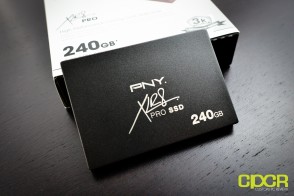 Well, it’s like my nteenth review of a SandForce powered SSD and personally, I feel like SandForce based SSDs are just simply so similar and so commonplace that it’s difficult to recommend one over another. Looking at the performance figures on the PNY XLR8 Pro 240GB is pretty much like looking at any other vanilla SandForce powered drive. In fact, in our FIO testing, it’s literally impossible to tell the difference in performance between the Kingston HyperX 3K and the PNY XLR8 Pro 240GB. They’re just that similar.
Well, it’s like my nteenth review of a SandForce powered SSD and personally, I feel like SandForce based SSDs are just simply so similar and so commonplace that it’s difficult to recommend one over another. Looking at the performance figures on the PNY XLR8 Pro 240GB is pretty much like looking at any other vanilla SandForce powered drive. In fact, in our FIO testing, it’s literally impossible to tell the difference in performance between the Kingston HyperX 3K and the PNY XLR8 Pro 240GB. They’re just that similar.
Power consumption figures on the PNY XLR8 Pro 240GB are actually quite disappointing for a SSD as it drew the most power of any SSD tested today including the OCZ Vertex 450. Given that it’s a 9mm formfactor SSD and it uses a lot of power to achieve a similar level of performance in comparison to other consumer oriented SSDs, the XLR8 Pro is really something meant for desktop or desktop replacement notebooks.
The way I see it, two main value propositions come into play with the PNY XLR8 Pro. The first is simply the fact that PNY offers a 5 year warranty across their entire line of enthusiast SSDs, the XLR8 Pro included. True it’s becoming much more commonplace to find 5 year warranties on enthusiast grade SSDs these days, but it’s unfortunately still not necessarily the case across the board. Secondly, at least in my limited case here, PNY is using eMLC NAND on their XLR8 Pro although it’s not necessarily being advertised so I can’t say for sure that you’ll get eMLC in the XLR8 Pro that you buy off the shelves. However, if you do get lucky, eMLC is enterprise grade high endurance NAND that carries 10,000 P/E cycles rather than the usual 3,000 P/E cycles and for most usage cases it will most likely outlast its useful life.
| Manufacturer | PNY | PNY | PNY |
|---|---|---|---|
| Model | XLR8 Pro | XLR8 Pro | XLR8 Pro |
| Capacity | 120 GB | 240 GB | 480 GB |
| Street Price | $119.99 | $189.99 | $460.31 |
| Price/GB | $1.00 | $0.79 | $0.96 |
| Check Price | Click Here | Click Here | Click Here |
Pricing on the PNY XLR8 Pro 240GB is currently $189.99, which translates to about $0.79/GB. While that’s not bad especially when compared to only a year ago, there are a number of competitors out there that offer similar performance for a reduced cost. After all, the XLR8 Pro is simply a SandForce drive with vanilla firmware. However, when you look at SSDs that come with 5 year warranties, the options shrink substantially and prices increase significantly as well with the Samsung 840 Pro 256GB going for $0.88/GB, Intel 530 240GB going for $0.83/GB, and the Plextor M5 Pro Xtreme 256GB going for $0.94/GB – all of which are higher priced than the PNY XLR8 Pro 240GB.
With consistent performance, a 5 year warranty and reasonable prices, the PNY’s XLR8 Pro is a fantastic drive for those who aren’t necessarily concerned about having the fastest burst performance, but are more concerned about long term reliability and consistent performance. Media creation professionals, business, and enterprise users who demand outstanding reliability will find the PNY XLR8 Pro to be an excellent drive for their needs.
Sample provided by: PNY
Available at: Amazon

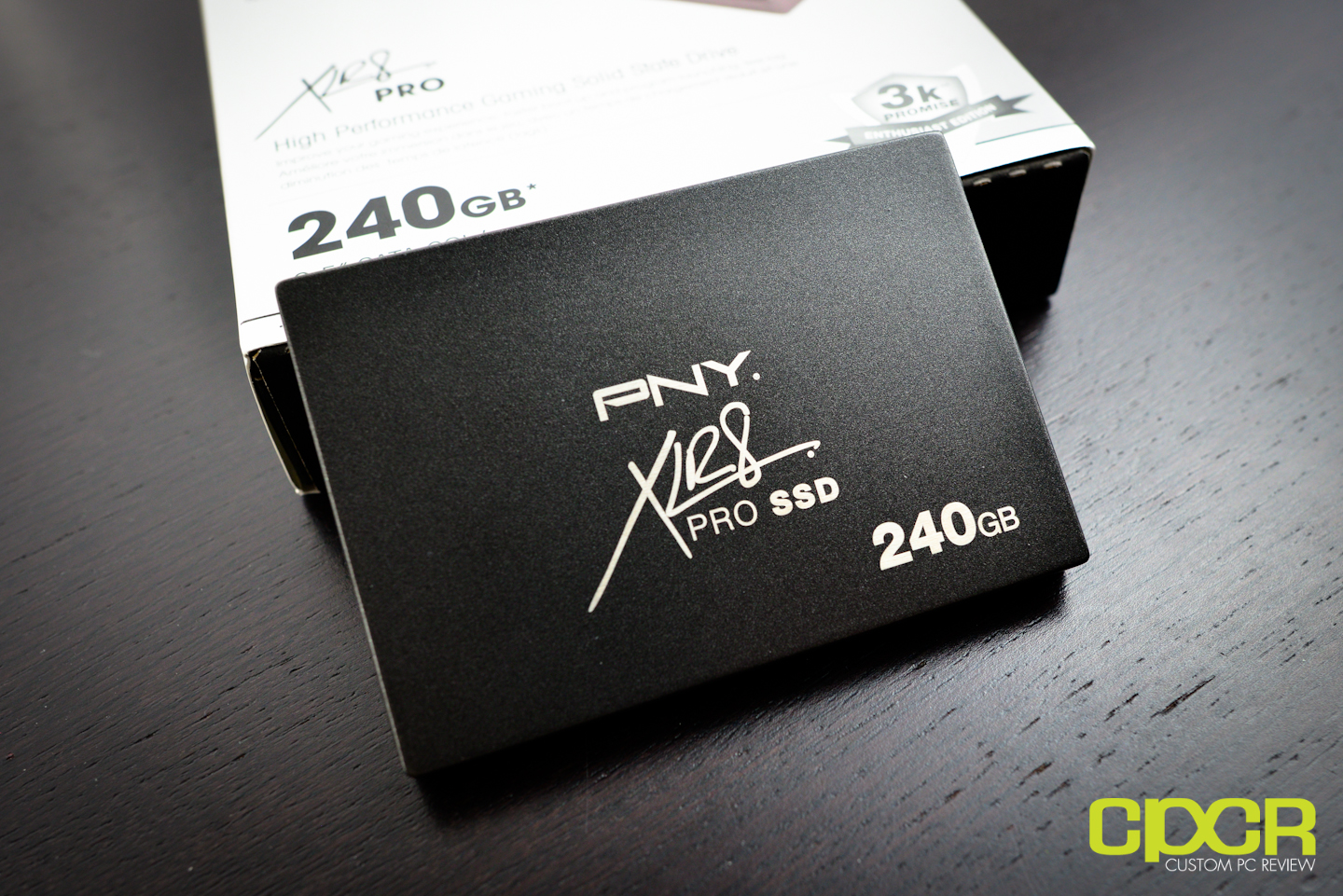
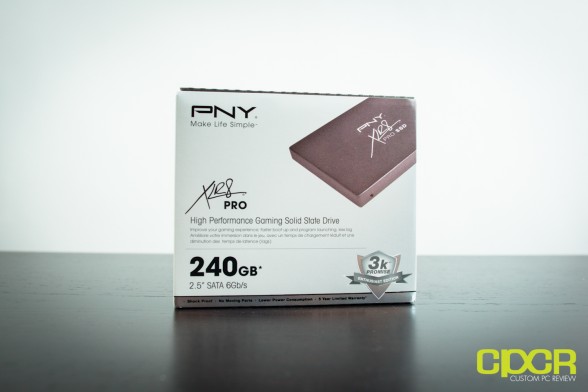
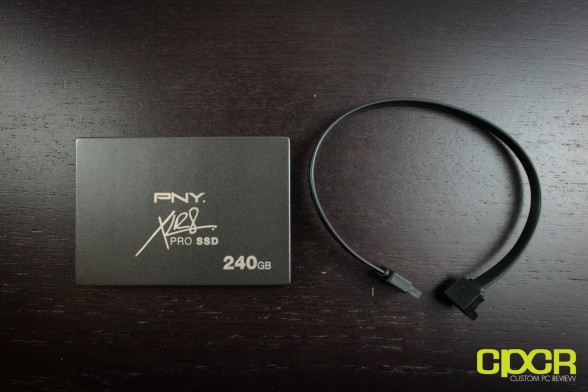
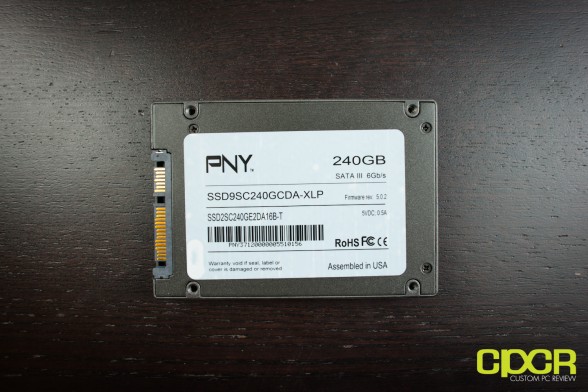
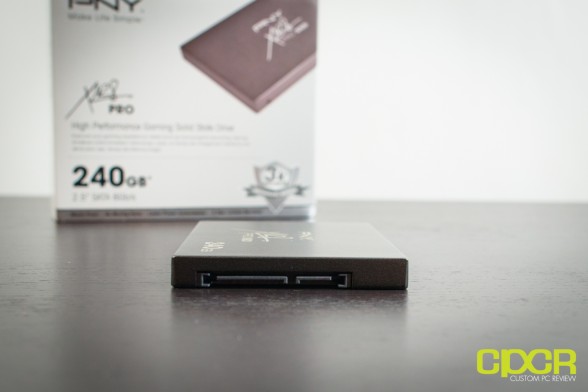
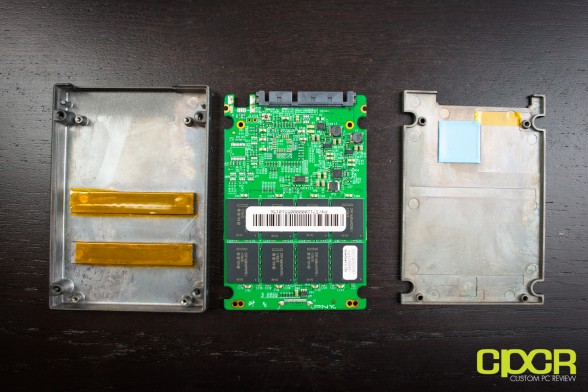
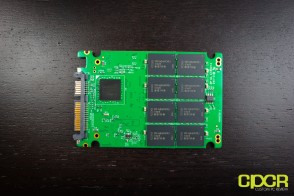
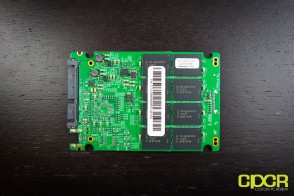
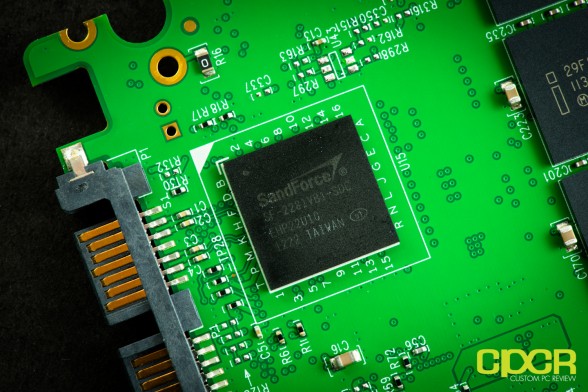
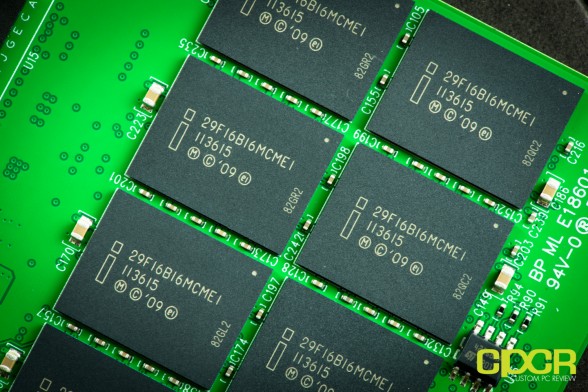
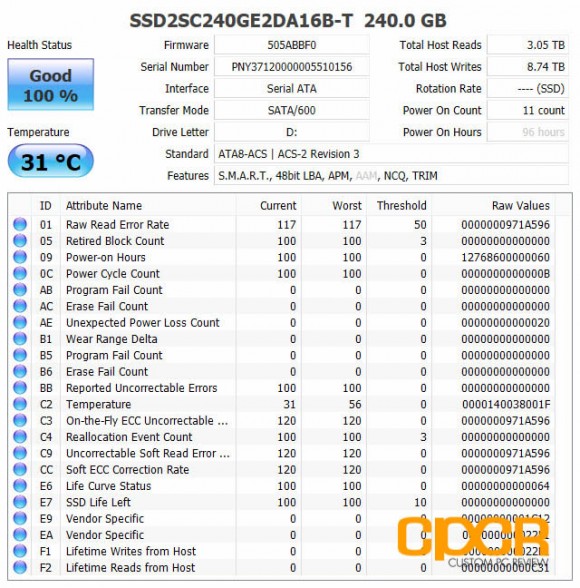
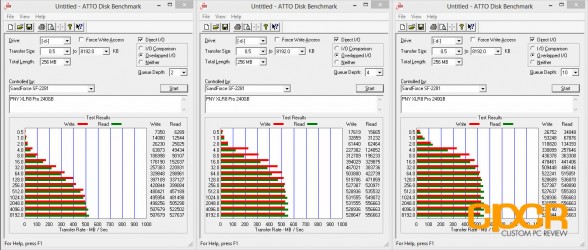
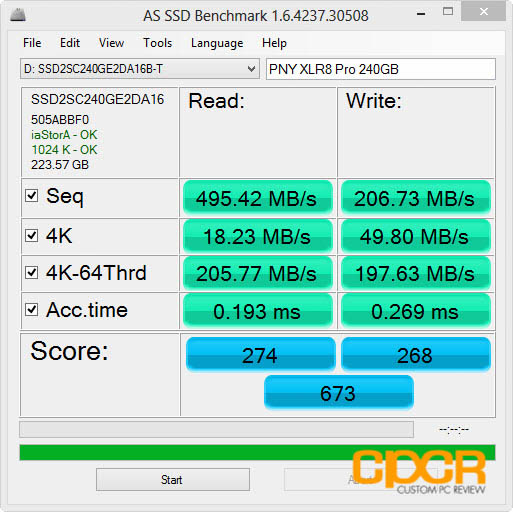
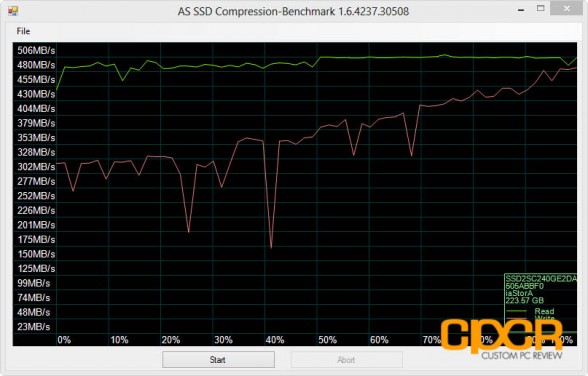
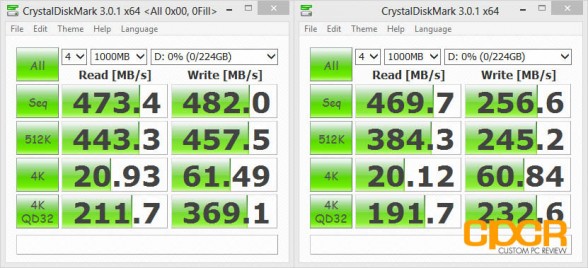
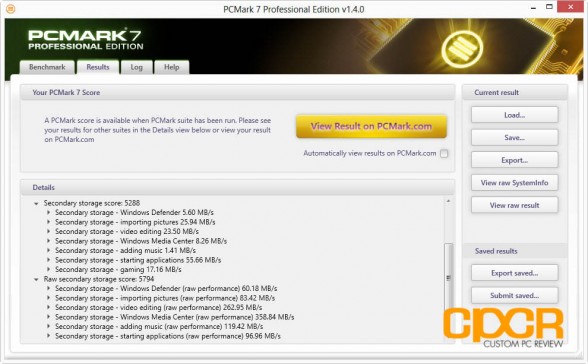
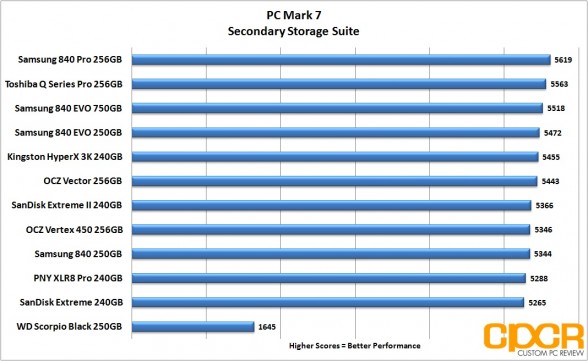
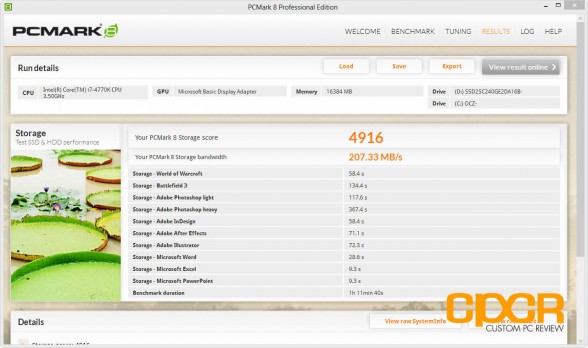
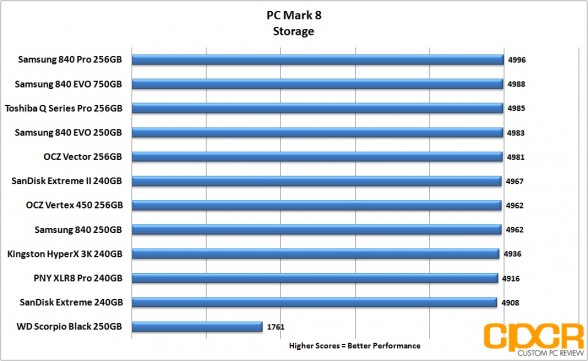
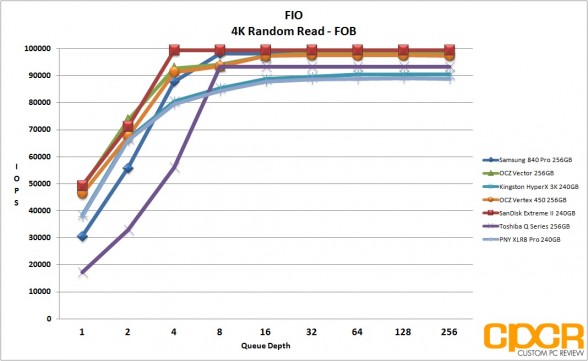
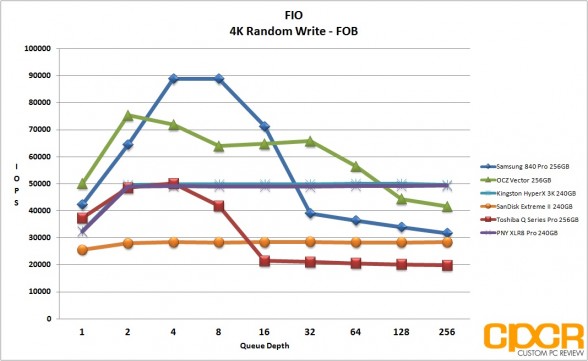
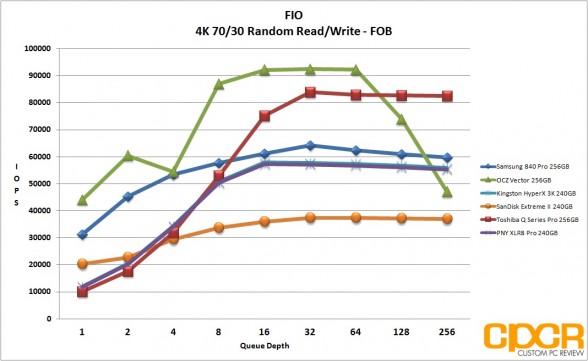
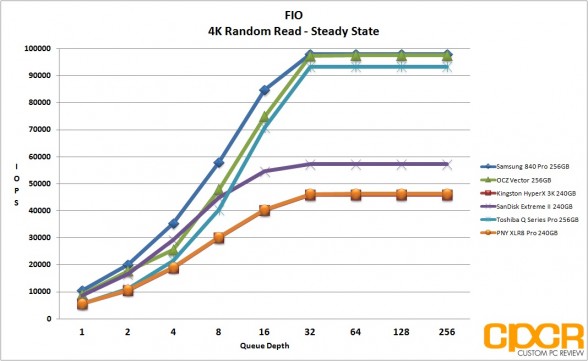
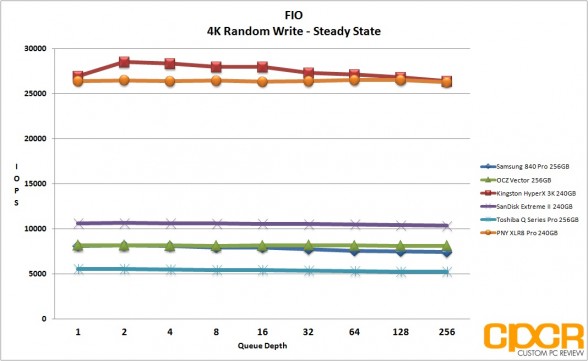
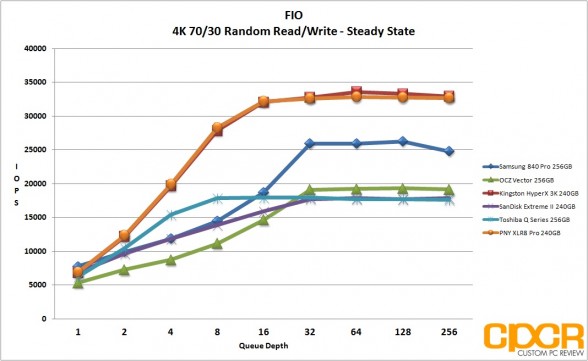
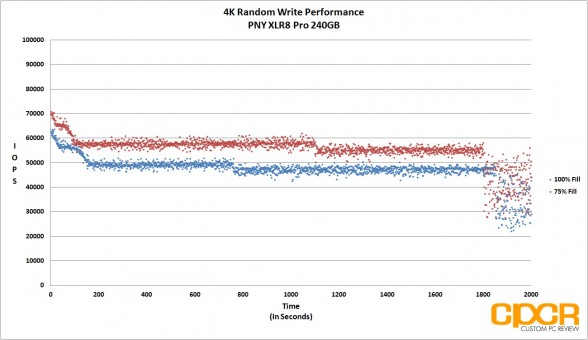
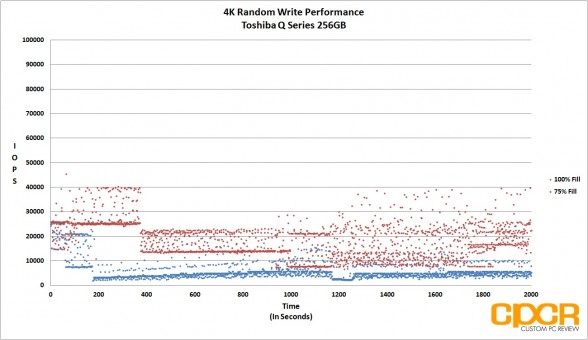
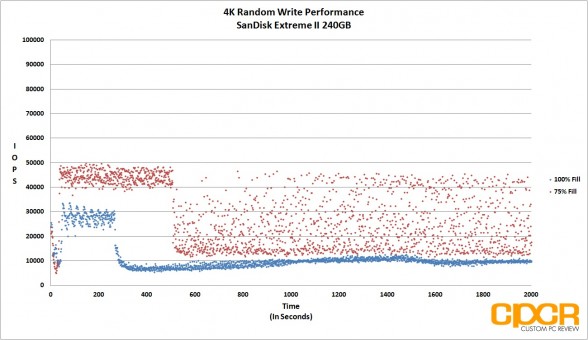
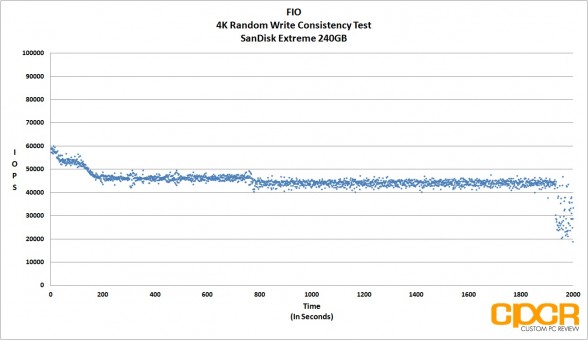
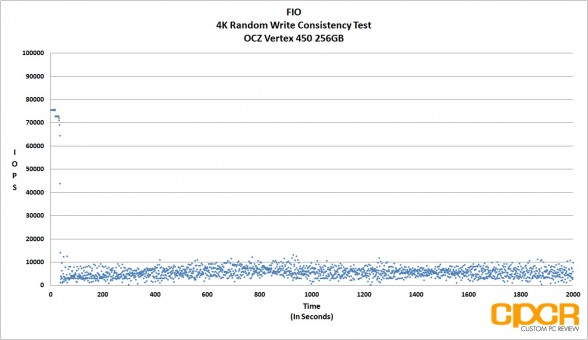
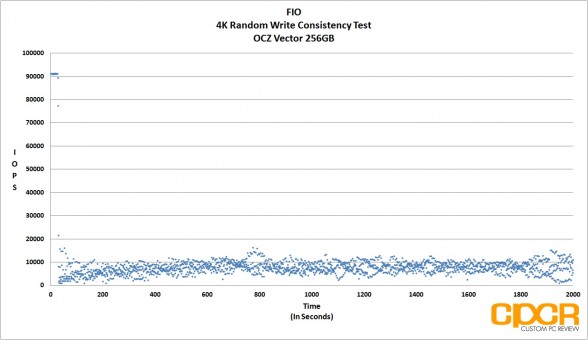
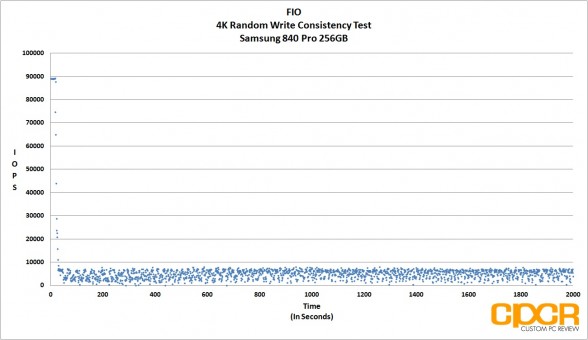
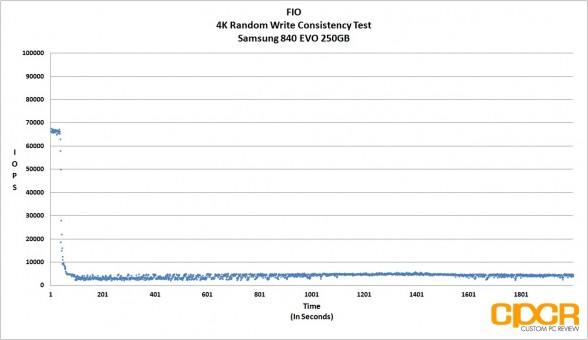
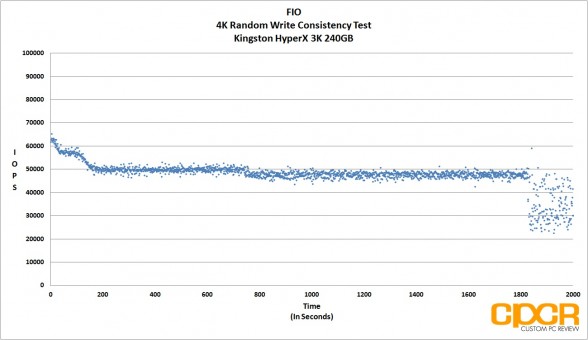
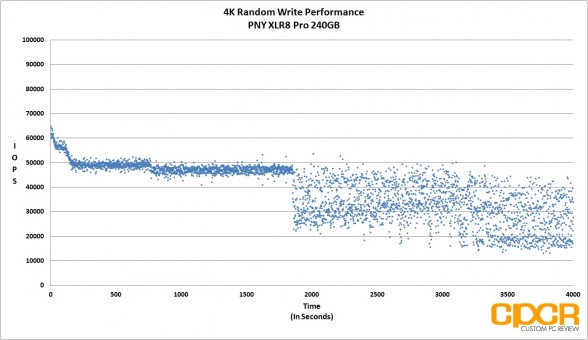
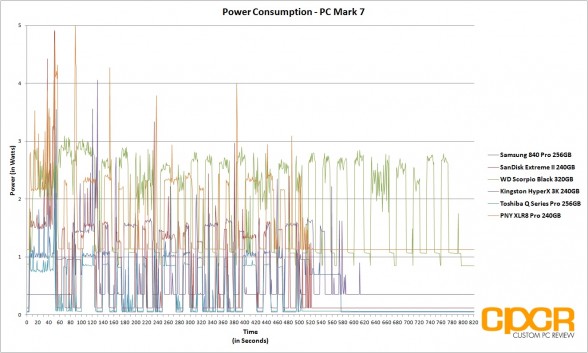
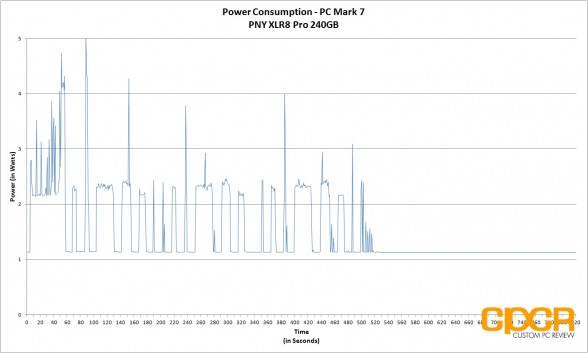
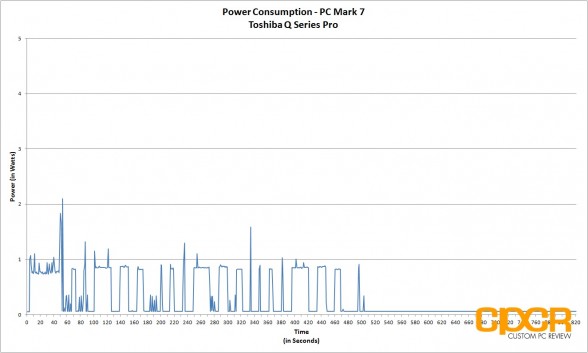
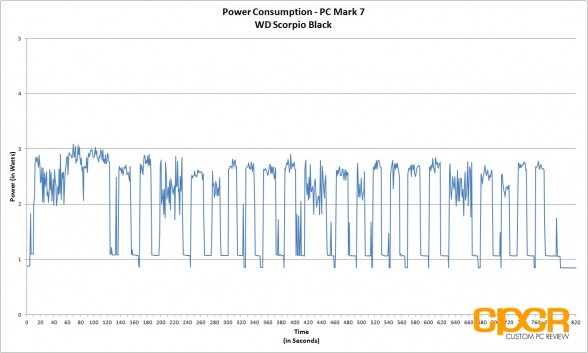
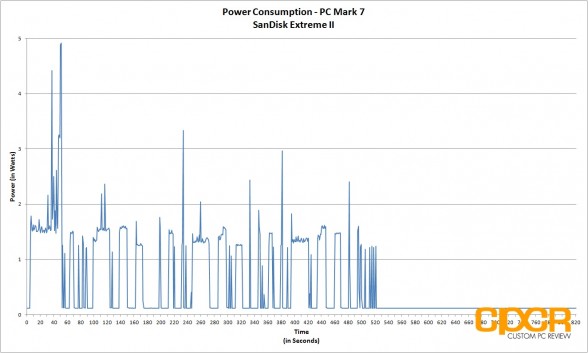
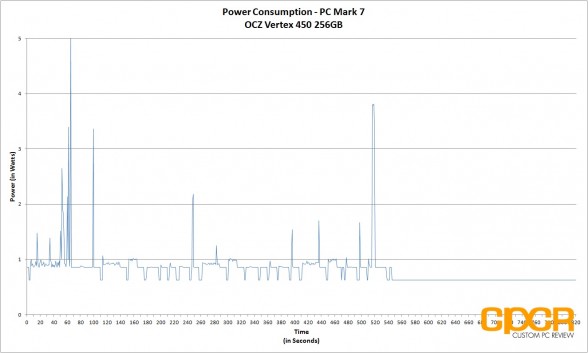
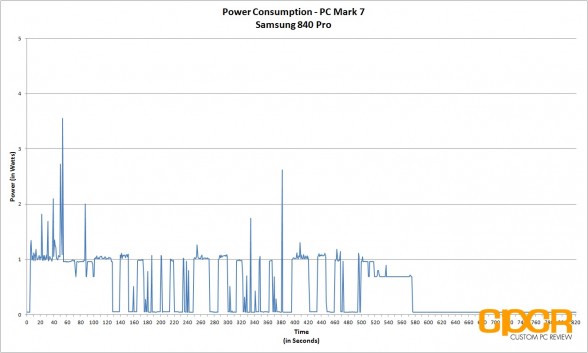
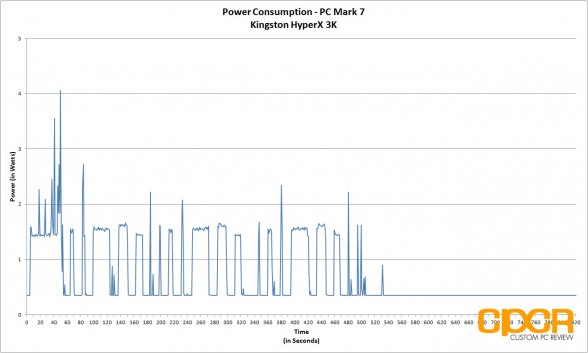
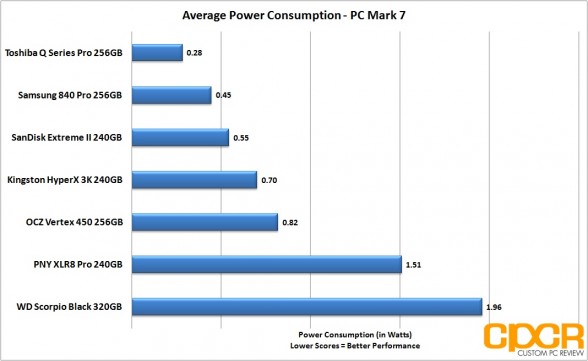

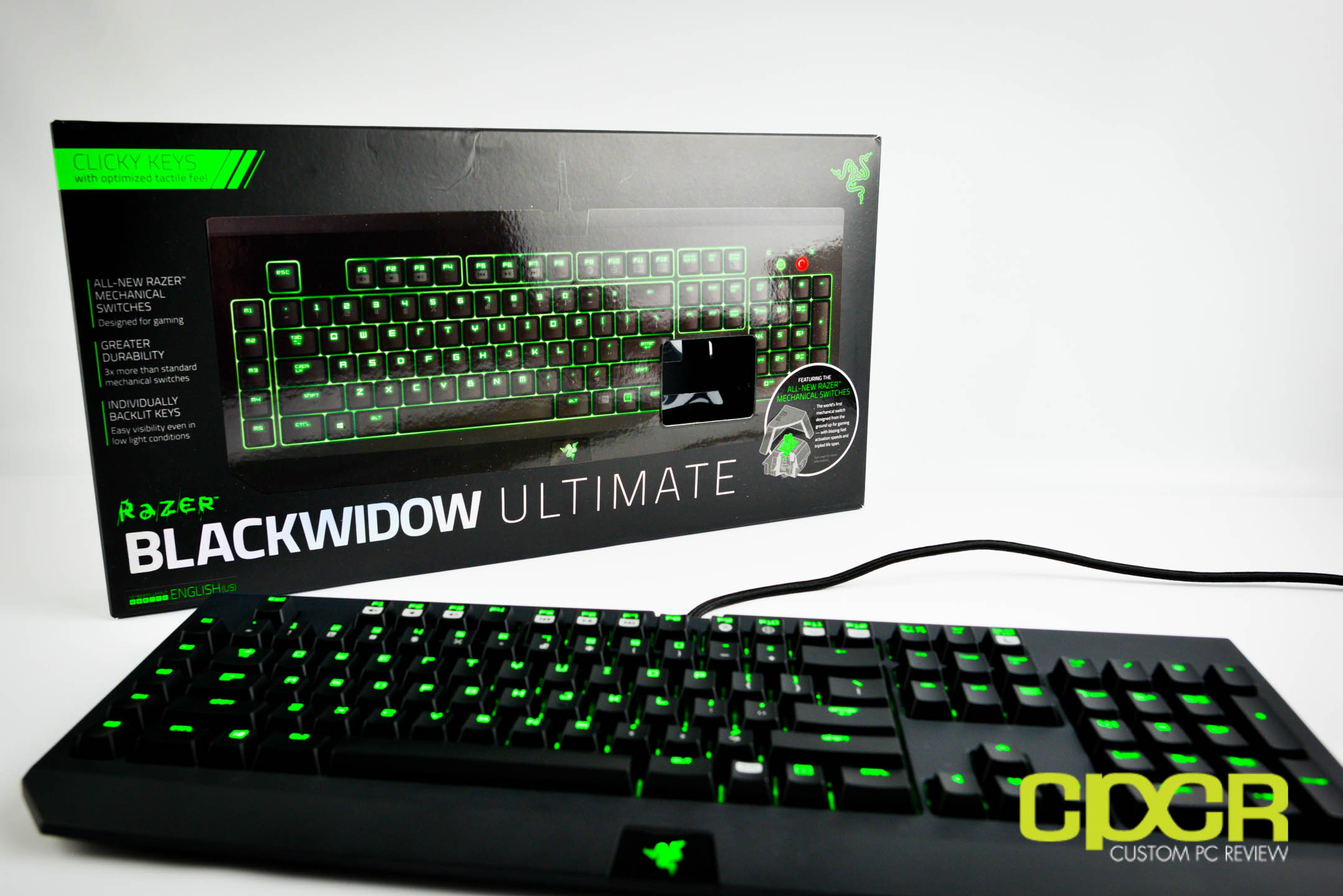
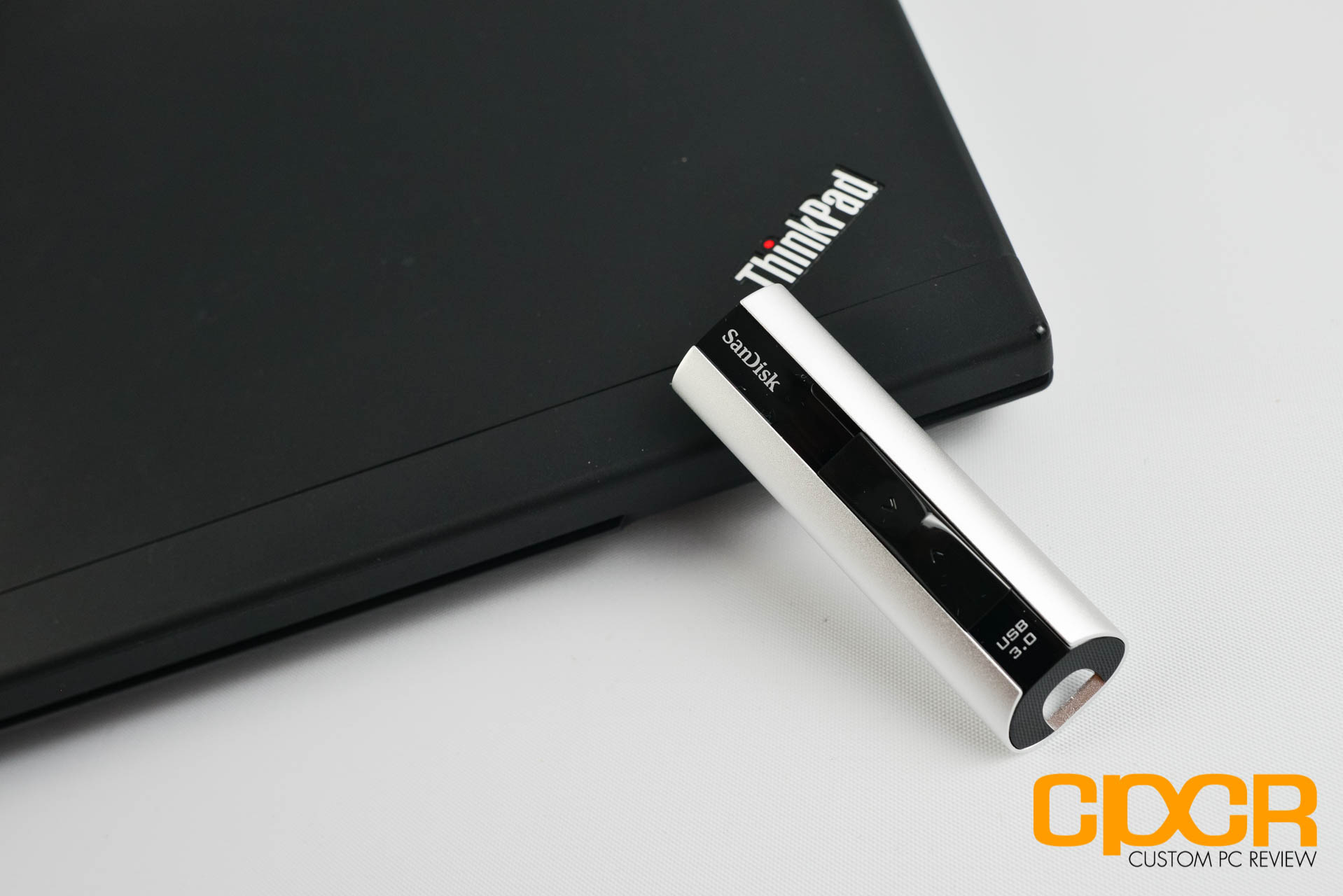
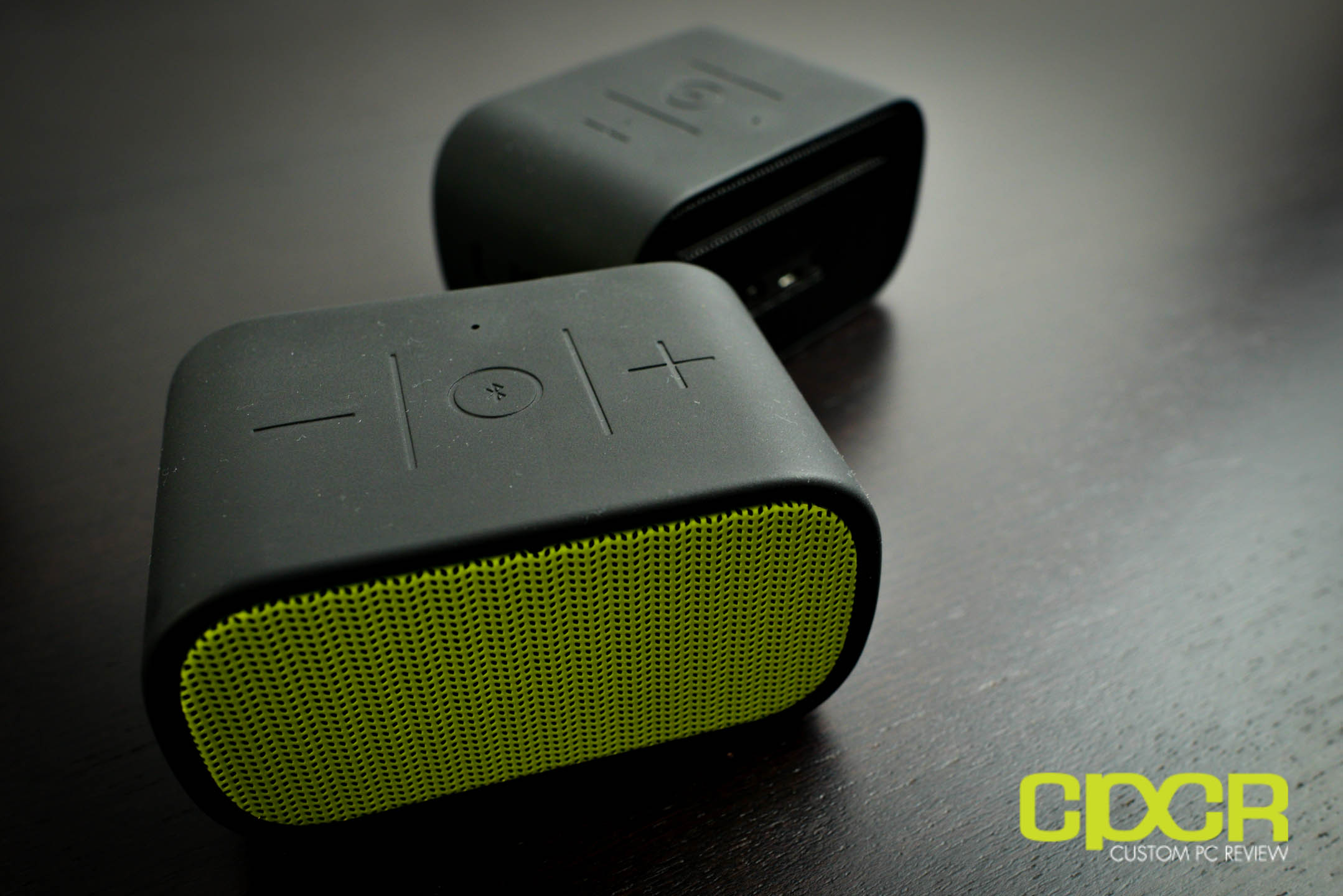
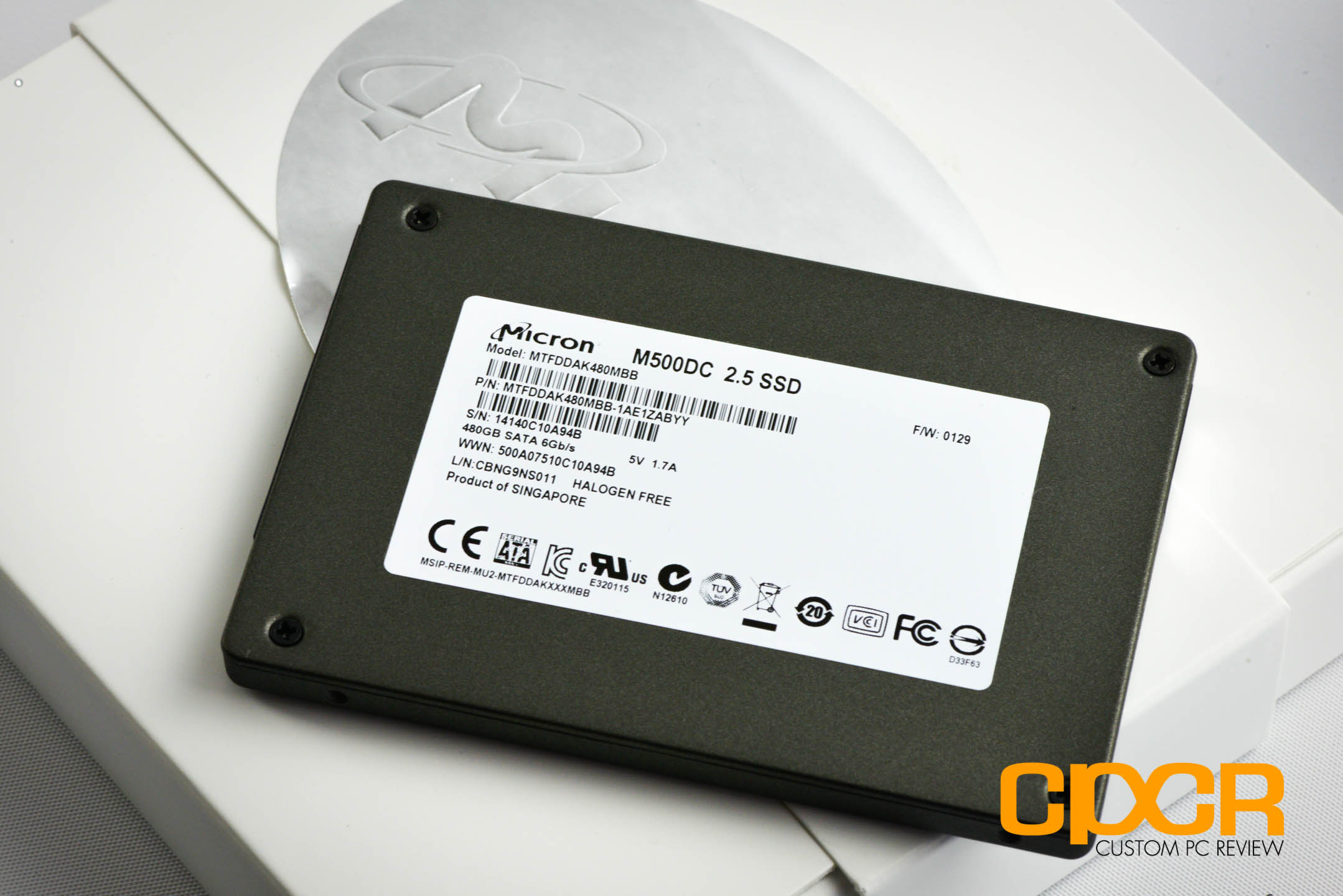
Any consistency to finding the enterprise grade eMLC (29F16B16MCME1) in consumer purchased drives? Just wondering if PNY made a special accommodation for drives sent our for review, or (hopefully) they had high yields on their enterprise chips and manufactured these drives with eMLC.
Not quite sure, but probably high eMLC yields or they’re having trouble keeping up with cMLC demand. The SSD I got was full of the eMLC, but it’s not marketed as something that should have it, so I guess it’s a luck of the draw kinda thing. I have seen SSDs from other vendors (I think ADATA) who put eMLC in their consumer SSDs as well, but it was only partially eMLC which suggests that it’s probably just due to high eMLC yields and high demand for the consumer grade product.